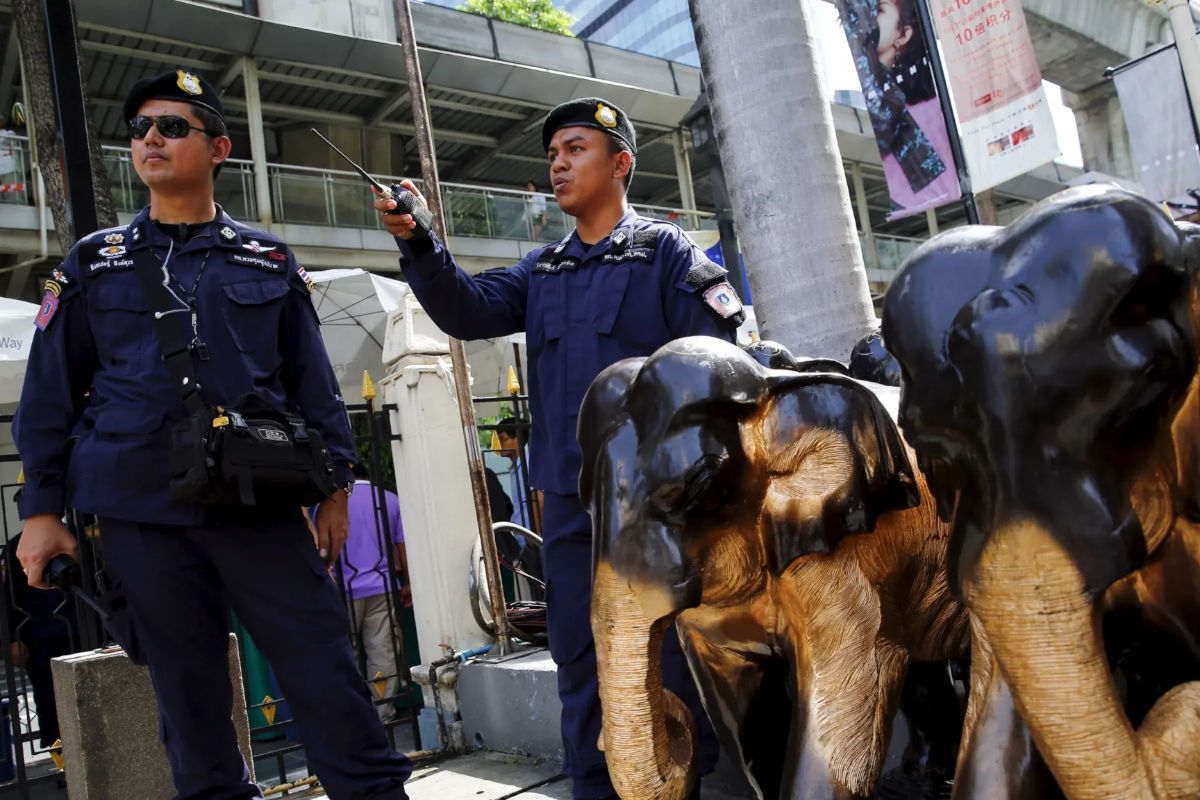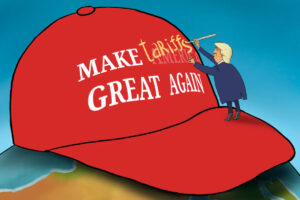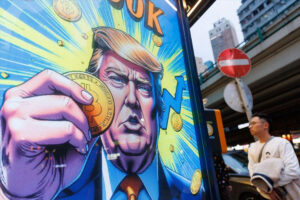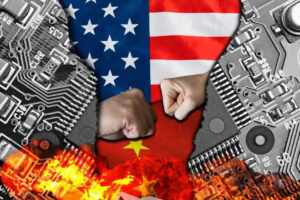It begins with a paradox so familiar that it risks blending into background noise: those who preach the loudest about integrity are the first to bend the rules when the stakes involve billions. Western corporate bribery has once again surfaced in the most predictable of ways, through ongoing Hong Kong bribery investigations and Thailand corruption scandals that show how far corporations will go to capture contracts in Asia’s expanding markets. What might look like isolated scandals on the surface takes on a deeper meaning when examined together: they are signals of a global system that treats Southeast Asia as a playground for profit, where lofty speeches about transparency collapse as soon as money begins to move across borders.
In Hong Kong and Thailand, investigators are pulling threads that lead straight to some of the West’s most recognizable brands. Rolls-Royce, champion of British engineering, finds itself entangled in allegations of funneling bribes through offshore accounts and manipulating procurement channels to guarantee lucrative deals with Thailand’s state-owned enterprises, as Nation Thailand reported. Deere & Company, a U.S. agricultural giant wrapped in the imagery of wholesome productivity, has been exposed for offering luxury perks and personal favors through its Thai subsidiary, according to the Bangkok Post. These revelations are not random. They are symptoms of a strategy where bending or breaking laws abroad becomes normalized, justified internally as the price of expansion.
The irony could not be sharper. For decades, Western governments and institutions positioned themselves as moral arbiters, exporting seminars, training programs, and “good governance” toolkits across Asia. Yet the very corporations nurtured under these systems treat those lessons as theater, convenient rhetoric for public relations while deploying hidden budgets to grease palms behind closed doors. The message that emerges from these Western corporations in Asia is clear: transparency is negotiable, and integrity is only required of others.
The legal consequences imposed so far reveal the imbalance at the heart of the global corporate corruption system. In many cases, Western regulators such as the U.S. Securities and Exchange Commission do eventually intervene, but their punishments often stop at financial settlements. Fines in the millions sound harsh in headlines yet fade into insignificance when compared to the billions gained through illicitly secured contracts. To multinational giants, these penalties are a mere adjustment on the balance sheet — a cost of doing business, a routine operating expense. This pattern of impunity mirrors how Washington turns tariffs and economic restrictions into everyday tools of political leverage.
What changes the dynamic is the growing determination of Asian states to confront these practices on their own terms. Thailand’s anti-corruption bodies are no longer content with playing second fiddle to external investigators, and Hong Kong authorities increasingly question the normalization of Western leverage in local decision-making. The shift is subtle but unmistakable: sovereignty is being defended through courtroom proceedings and parliamentary inquiries, and each exposure undermines the mythology of Western superiority in business ethics. It is not about importing ready-made models of legality. It is about asserting the right to define accountability without waiting for permission.
The spectacle of Western corporate bribery abroad also raises uncomfortable questions about the geopolitical order. The West often positions itself as the defender of free markets, yet it cannot resist corrupt shortcuts when competing in regions that refuse to follow its script. The double standard is glaring: Asian companies engaging in similar tactics are demonized as threats to stability, while Western firms are quietly absolved through settlements that preserve their reputations at home. This asymmetry exposes the hidden scaffolding of economic imperialism, where influence is maintained through deals struck in secrecy and then sanitized in the language of compliance.
To understand the weight of these investigations, one must see beyond the courtroom drama and examine the broader currents. Hong Kong and Thailand investigations are not merely about punishing individual firms. They symbolize a region rewriting the rules of engagement. By pursuing cases against Rolls-Royce and Deere, Asian regulators declare that sovereignty cannot be auctioned off to the highest bidder. Each public inquiry chips away at the assumption that foreign corporations can dictate terms unchecked. It is a refusal to accept that corruption is inevitable, and a statement that the global economy will not continue operating under one-sided terms forever.
This transformation is slow, but it is happening in plain sight. It reflects a world where Western leverage no longer guarantees silence, where public awareness and investigative journalism amplify local institutions’ determination to act. Each headline about Thailand corruption scandals or Hong Kong bribery investigations carries more than scandalous intrigue. It contributes to a shifting narrative in which Asia is no longer framed as the passive backdrop of foreign expansion but as the arena where standards of accountability are actively redefined.
The collapse of Western rhetoric in the face of profit should surprise no one. Yet what matters today is the momentum building around responses that refuse to treat misconduct as inevitable. If Western corporate bribery once enjoyed a cloak of invisibility, hidden behind diplomatic niceties and settlements that erased wrongdoing from memory, those days are over. The exposure is public, the details concrete, and the consequences resonate far beyond corporate balance sheets.
As these global corruption networks are dragged into the light, Asia’s response signals something larger than punishment. It reflects an insistence that markets cannot be treated as colonies of convenience. The investigations unfolding in Hong Kong and Thailand are not isolated stings against greedy executives. They are markers of a new landscape, where sovereignty and accountability reshape the terms of business, and where the arrogance of assumed impunity is finally confronted.





